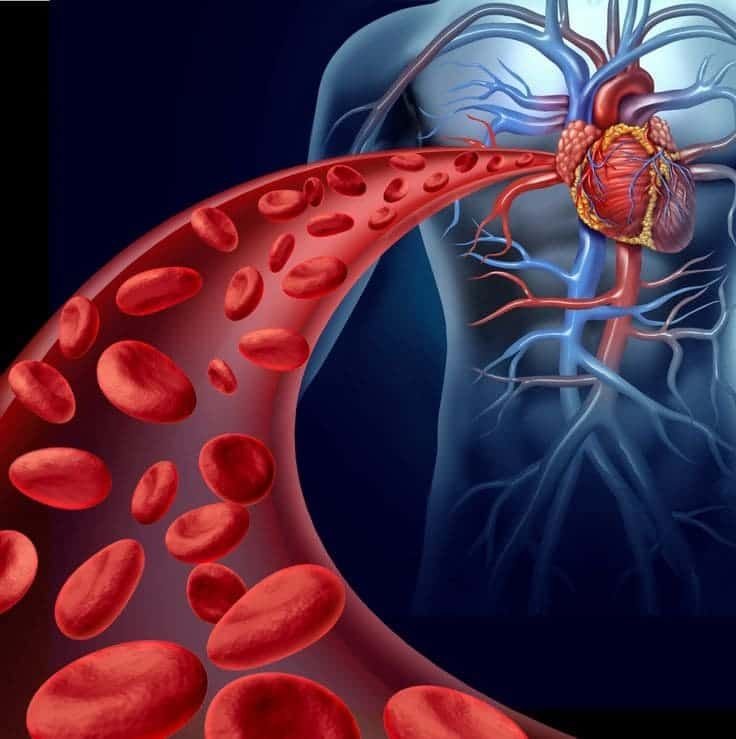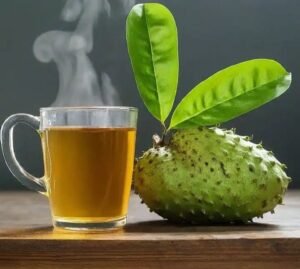Introduction
Diabetes has become one of the most common lifestyle diseases in the world today. While modern medicine offers treatments, many people are turning back to nature to find safer, long-term support. One of Africa’s most respected healing plants is the Bitter Leaf (Vernonia amygdalina). For centuries, it has been used traditionally not just as food, but as medicine. Recent studies now confirm what our ancestors already knew—bitter leaf can play a vital role in managing diabetes naturally.
What is Bitter Leaf?
Bitter leaf is a green, leafy plant widely grown in Africa and Asia. As the name suggests, its leaves are naturally bitter in taste. Despite its bitterness, it is packed with nutrients like vitamins A, C, E, B1, B2, and minerals such as calcium, potassium, and iron. More importantly, bitter leaf contains bioactive compounds that support blood sugar control.
How Bitter Leaf Helps in Diabetes Management
- Regulates Blood Sugar Levels
- Research shows that bitter leaf helps reduce blood glucose, making it highly beneficial for people with type 2 diabetes.
- Its phytochemicals—such as saponins, alkaloids, and flavonoids—improve insulin sensitivity.
- Improves Pancreatic Function
- Bitter leaf supports the pancreas, the organ responsible for producing insulin.
- This enhances natural blood sugar regulation.
- Rich in Antioxidants
- Oxidative stress is one of the main causes of diabetes complications. Bitter leaf’s antioxidants help protect cells and prevent further damage.
- Boosts Immunity and Detoxification
- Diabetes often weakens the immune system. Bitter leaf strengthens immunity while cleansing the liver and bloodstream.
How to Use Bitter Leaf for Diabetes
- Bitter Leaf Juice
- Wash fresh bitter leaves thoroughly.
- Squeeze or blend them with clean water.
- Strain and drink a small glass (about half a cup) daily.
- Add a little honey if the taste is too strong (optional, not for diabetics needing sugar control).
- Bitter Leaf Tea
- Boil fresh or dried bitter leaves in water for 10–15 minutes.
- Strain and drink warm.
- In Cooking
- Add bitter leaves to soups, stews, and vegetable dishes for daily consumption.
Precautions
- Bitter leaf should be taken in moderation. Excessive consumption may cause stomach upset.
- Always consult your doctor before using bitter leaf as a natural remedy, especially if you are already on diabetes medication, to avoid low blood sugar (hypoglycemia).
Conclusion
Bitter leaf is more than just a vegetable—it is a powerful natural medicine. Its ability to lower blood sugar, improve insulin function, and strengthen the body makes it one of the best natural allies for people managing diabetes. By incorporating bitter leaf into your diet, you are not only embracing tradition but also empowering yourself with a natural path to better health.





